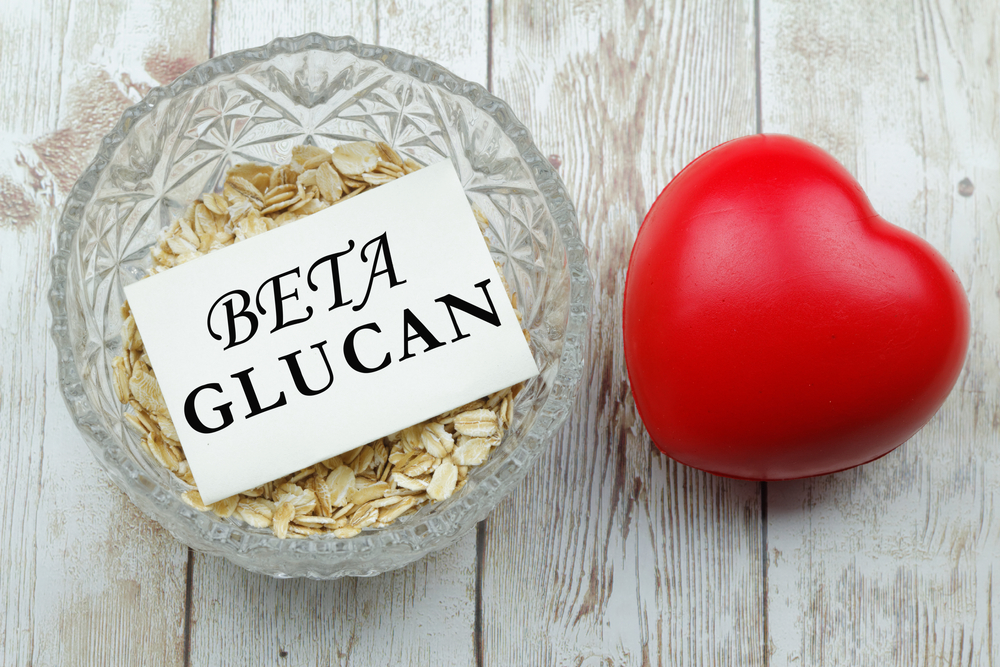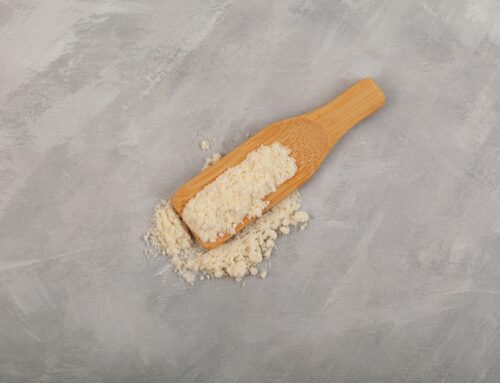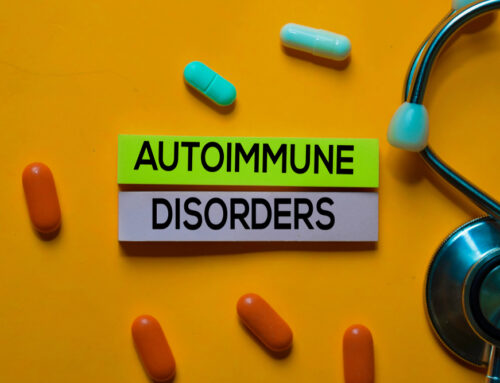As you may know, high cholesterol is one of the most common health problems worldwide. Many people are turning to natural remedies and supplements to lower their cholesterol levels, and yeast beta glucan is one supplement that has been gaining recognition in recent years. Yeast beta glucan is a natural polysaccharide found in the cell walls of yeast and other fungi. More and more research is being conducted on its potential to help lower cholesterol levels, and in this blog post, we’ll take a closer look at the latest studies on this topic.
What is yeast beta glucan, and how does it work?
Yeast beta glucan is a natural dietary fiber that is composed of glucose polysaccharides. When consumed, it forms a gel-like substance in the digestive system that binds to bile acids and cholesterol, promoting their excretion from the body. It also stimulates the immune system, providing additional health benefits.
What do the latest studies say about yeast beta glucan’s cholesterol-lowering effects?
Several recent studies have highlighted the cholesterol-lowering effects of yeast beta glucan. For example, a 2018 meta-analysis of 35 randomized controlled trials found that consuming at least 3 grams of yeast beta glucan per day was associated with a significant reduction in LDL cholesterol levels (the “bad” cholesterol). Another study published in the Journal of the American College of Nutrition found that supplementing with yeast beta glucan for 12 weeks reduced total cholesterol levels by 8.5%.
How much yeast beta glucan should you consume to see these benefits?
The amount of yeast beta glucan needed to see cholesterol-lowering effects varies depending on the individual and the product being consumed. However, most studies suggest that a daily intake of at least 3 grams is necessary to see significant reductions in LDL cholesterol levels. It’s important to note that the effectiveness of yeast beta glucan can also depend on factors such as diet, exercise, and genetics.
What are some food sources of yeast beta glucan?
While yeast beta glucan is available in supplement form, it can also be obtained from certain foods. The highest food sources of yeast beta glucan are oat bran, barley, and mushrooms. You can also find lesser amounts in other grains such as wheat, rye, and rice.
Are there any side effects or risks of taking yeast beta glucan?
Yeast beta glucan is generally considered safe for most people when consumed in the recommended amounts. However, some individuals may experience minor side effects such as bloating. It’s also important to note that yeast beta glucan can interact with certain medications, so it’s best to consult with a healthcare provider before taking it.
A Great Way To Help Lower Your Cholesterol
Yeast beta glucan is a promising natural supplement that may help lower cholesterol levels and promote overall health. While more research is needed to fully understand its effects, the latest studies suggest that a daily intake of at least 3 grams of yeast beta glucan can lead to reduced LDL cholesterol levels. As with any supplement, it’s important to speak with a healthcare professional before adding it to your routine. And while supplements are a great way to get additional nutrients, remember that a balanced diet and regular exercise are the foundation for good health.





